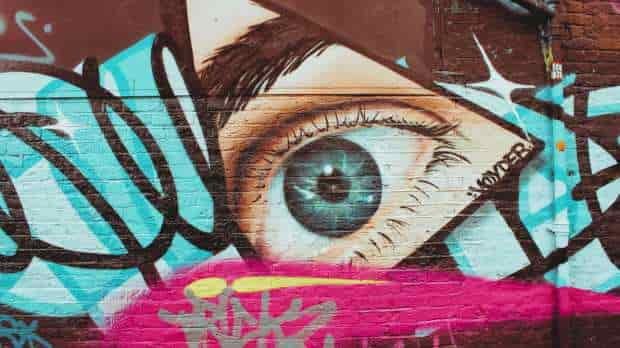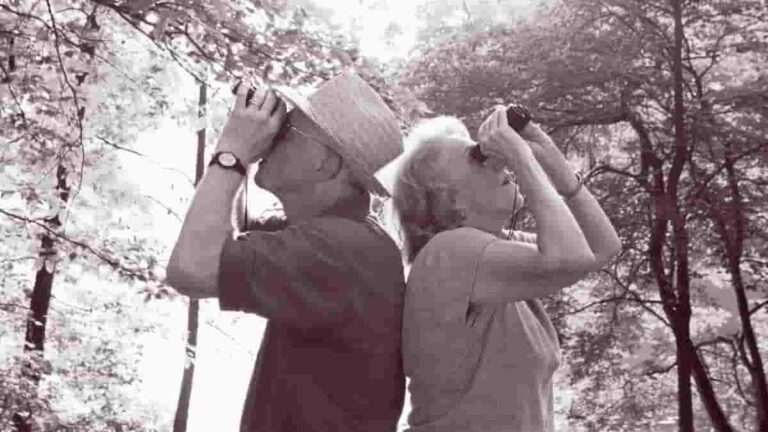The anchoring bias effect, also known as the anchoring effect, is a cognitive bias that influences decision-making and judgment. It occurs when people rely too heavily on the first piece of information they encounter, known as the anchor, and subsequently adjust their evaluations and predictions based on this reference point. This heuristics causes a distortion…
Tag: cognitive bias
3 Different Types of Confirmation Bias
Confirmation bias is a cognitive bias that occurs when individuals seek out and interpret information in a way that supports their preexisting beliefs and values. This leads to a biased perception of reality, as people will favour evidence that confirms their views while dismissing or overlooking contradictory information. Several factors contribute to confirmation bias. One…
Normalcy Bias – The Ostrich Effect
Normalcy bias, also known as normality bias, is a cognitive bias that leads people to underestimate or dismiss the likelihood and potential effects of a crisis or disaster. This bias often occurs because individuals believe that things will carry on as usual, despite any signs or warnings suggesting otherwise. As a result, people may not take the…
Anchoring Bias Extends to Sensory Perceptual Decisions
Numeric anchoring is a well-known marketing approach. Once a price is mentioned, that figure serves as the foundation for – or “anchors” – all subsequent talks and decisions. However, a current study indicates that this phenomena is not confined to numerical decisions, the usage and comprehension of which necessitate high-level cognitive reasoning. Even when no…
Observational Training an Effective Debiasing Method
You can improve your decision-making by observing the same process in others, according to research from City University London. The study examined the efficacy of a novel debiasing training approach and presents initial findings that observation of others’ decision-making processes can enhance one’s own decision-making capabilities. Professor Irene Scopelliti, a Professor of Marketing and Behavioural…
Presentism Memory Bias = Disparaging Younger Generations
Imperfect memories could be the source of complaints about younger generations. John Protzko, a psychologist at the University of California, Santa Barbara, refers to this phenomenon as the “kids these days effect.” “Humanity has been lodging the same complaints against ‘kids these days’ for at least 2,600 years,” says Protzko. The only reason he limited…
Your Integration Of Information Is Distorted By The Binary Bias
When we evaluate and compare a range of data points — whether that data is related to health outcomes, head counts, or menu prices — we tend to neglect the relative strength of the evidence and treat it as simply binary, according to new research. “People show a strong tendency to dichotomize data distributions and…
How Our Bias Toward The Future Can Cloud Our Moral Judgment
People are often forgiven for actions that they would never get permission for in the first place – a phenomenon described as “Stuart’s Law of Retroaction”. Children who watch TV for longer than they are allowed to, teenagers who elope without telling their parents and adults who empty joint bank accounts without informing their spouse…
Political Extremists May be Less Prone to Anchoring Bias
People at the extremes of the political spectrum, whether liberal or conservative, may be less influenced by outside information on a simple estimation task than political moderates, according to new research published in the journal Psychological Science. The study, conducted by Tilburg University’s Mark J. Brandt and Anthony Evans, and The College of New Jersey’s…






